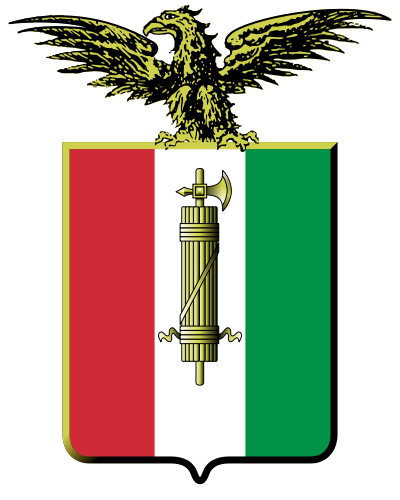 The far-right Lega and anti-establishment Five Star parties chose law professor Giuseppe Conte as their consensus pick for Italy’s next prime minister, despite his lack of governing experience. Mattarella giving Conte a mandate to form Italy’s next government clears one of the final hurdles for the two parties before they can begin to run the country.
The far-right Lega and anti-establishment Five Star parties chose law professor Giuseppe Conte as their consensus pick for Italy’s next prime minister, despite his lack of governing experience. Mattarella giving Conte a mandate to form Italy’s next government clears one of the final hurdles for the two parties before they can begin to run the country.
Both Lega and Five Star hold anti-migrant, anti-European Union views and look to bring the country
 closer to Russia through lifting economic sanctions against the Kremlin. The new populist government sets Italy up for a clash with the EU and brings more uncertainty for the country’s already fractured politics.
closer to Russia through lifting economic sanctions against the Kremlin. The new populist government sets Italy up for a clash with the EU and brings more uncertainty for the country’s already fractured politics.
“The traditional Italian party system disappeared many elections ago,” said Sheri  Berman, a professor of politics at Barnard College. “What you’re seeing now is the detritus of that ― which is a mess.” A Lega and Five Star coalition was widely seen as a worst case scenario for the EU after Italy’s vote, as both parties hold a longstanding opposition to the bloc. HuffPost Italia obtained an early draft of the coalition’s governing contract in which the two parties hoped to renegotiate EU treaties and identify ways they could potentially opt out of
Berman, a professor of politics at Barnard College. “What you’re seeing now is the detritus of that ― which is a mess.” A Lega and Five Star coalition was widely seen as a worst case scenario for the EU after Italy’s vote, as both parties hold a longstanding opposition to the bloc. HuffPost Italia obtained an early draft of the coalition’s governing contract in which the two parties hoped to renegotiate EU treaties and identify ways they could potentially opt out of  the euro.
the euro.
Five Star and Lega also wanted to reduce Italy’s commitment to NATO, end compulsory vaccinations and ask for the European Central Bank to cancel nearly $300 billion in debt.
During the campaign, Lega leader Matteo Salvini also said he would deport 150,000 migrants within a year, and he accused immigrants of bringing crime and disease into Italy. Over 600,000 migrants entered Italy in the last four years, sparking a divisive debate over immigration and a swell of support for the far-right.

Salvini has said he wants to close mosques, and critics say his rhetoric has emboldened far-right hate groups within the country, stirring dark memories of political violence in Italy’s past.
Five Star, less than a decade old was the party that won the highest percentage of Italy’s vote. The party is led by 31-year-old Luigi Di Maio, a university dropout who was living at home until five years ago. He took over leadership in 2017, offering voters a fresh face and vowing to fight government corruption.
Although Five Star gained more votes in the election, Di Maio and Salvini agreed that neither would be Italy’s next prime minister. Instead, the parties chose law professor Conte as a consensus candidate. Conte, a 54-year-old who specializes in administrative law was until now not anywhere close to a household name.
Within hours of Conte’s nomination, media and lawmakers began to scrutinize his academic credentials. Although he claimed to have studied at New York University, the institution stated told The New York Times that they had no record of him either as a student or a faculty member.
But Salvini and Di Maio stood by Conte, and President Mattarella backed the nomination on Wednesday.
Several other far-right and populist parties have joined coalition governments in Europe in recent years, including Austria last December. But unlike in Italy, most have been tethered to establishment parties that have limited their ability to carry out their more extreme policies.
HuffPost Italia contributed reporting to this article.